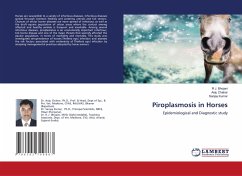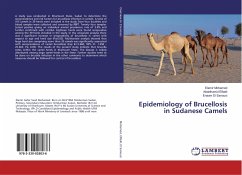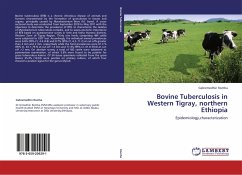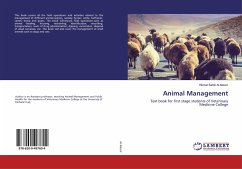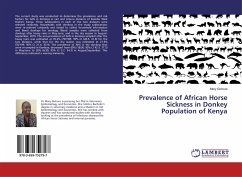Horses are susceptible to a variety of infectious diseases. Infectious diseases spread through common feeding and watering utensils and tick vectors. Chances of vector borne diseases are more spread of infectious as well as the draft equine population of urban areas where the contact among affected and healthy animals is frequent and inevitable. Among several infectious diseases, piroplasmosis is an economically important infectious, tick borne disease and one of the major threats that severely affected the equine population, in terms of morbidity and mortality. This study was investigated seroprevalence of horses Theileria equi infection and assesses the risk factors associated with endemicity of Theileria equi infection by analysing managemental practices adopted by horse owners.

